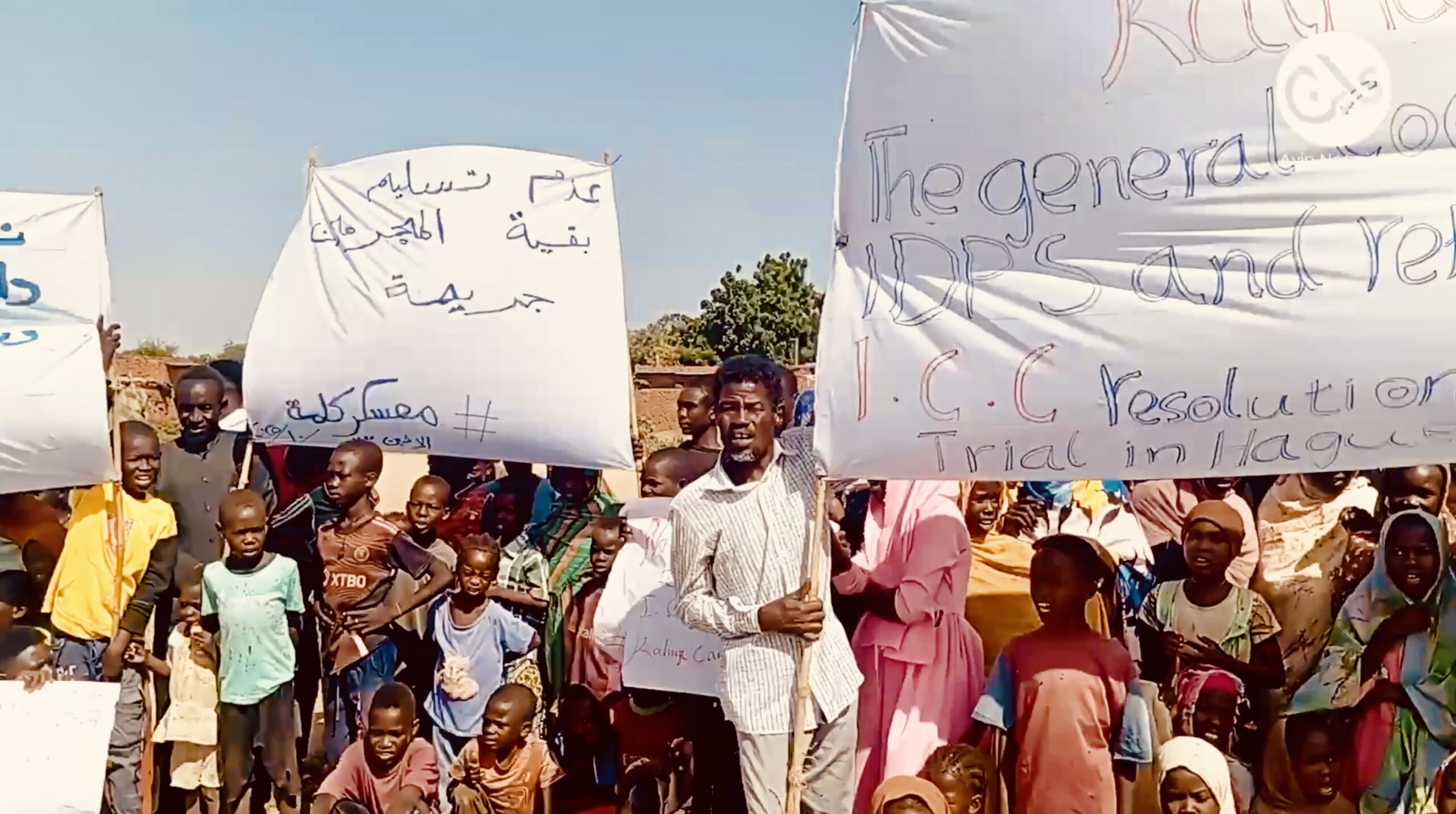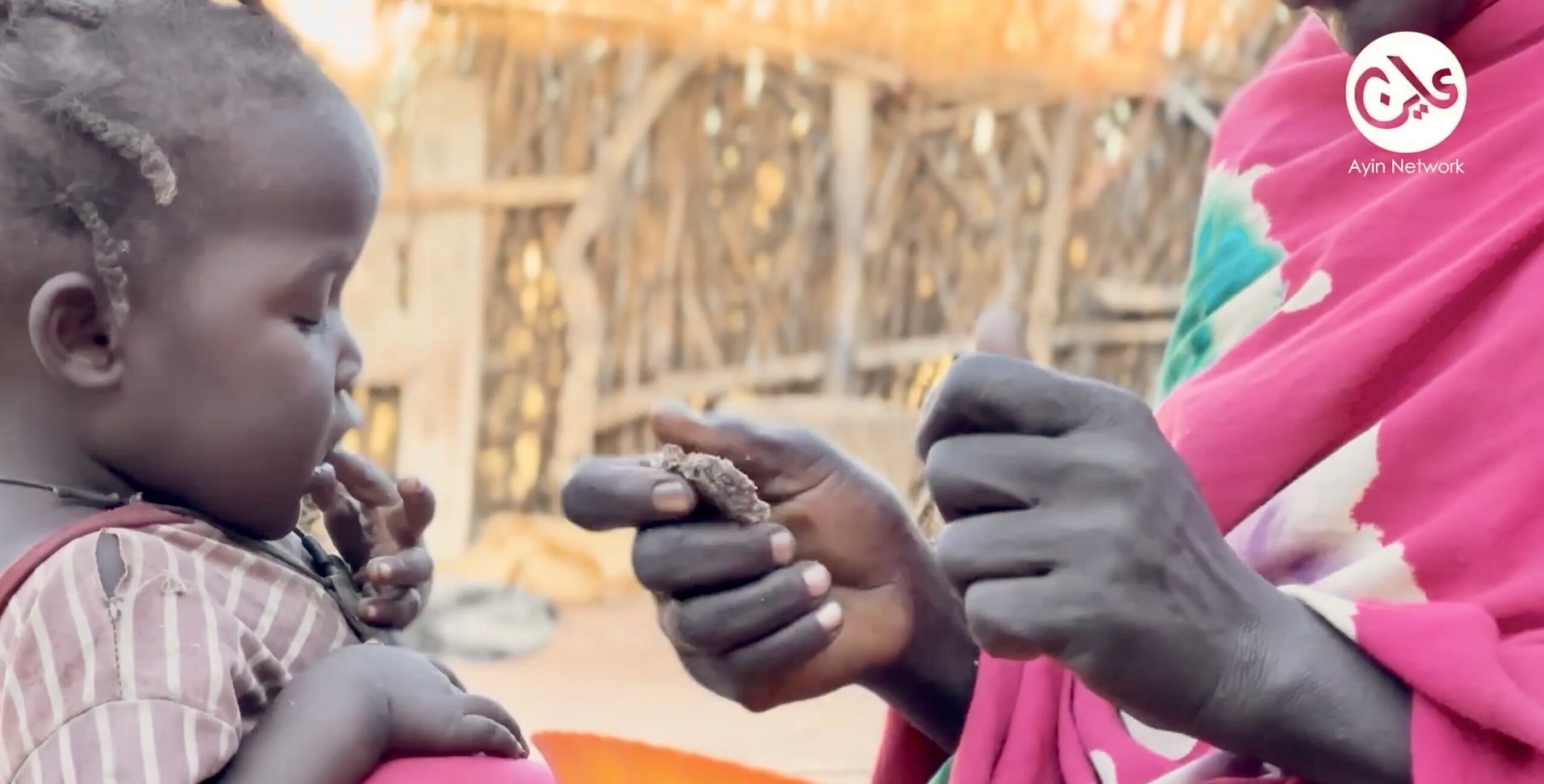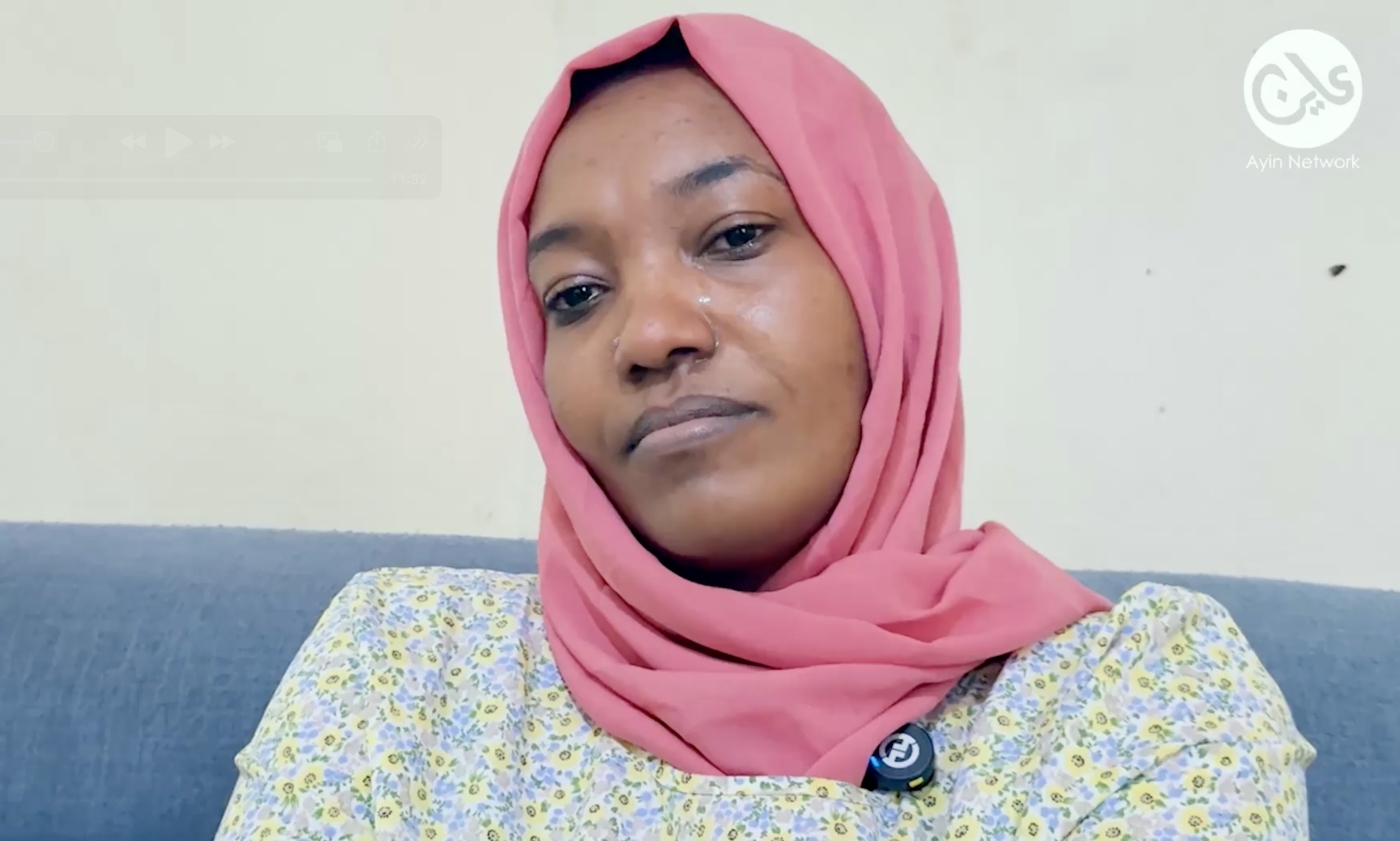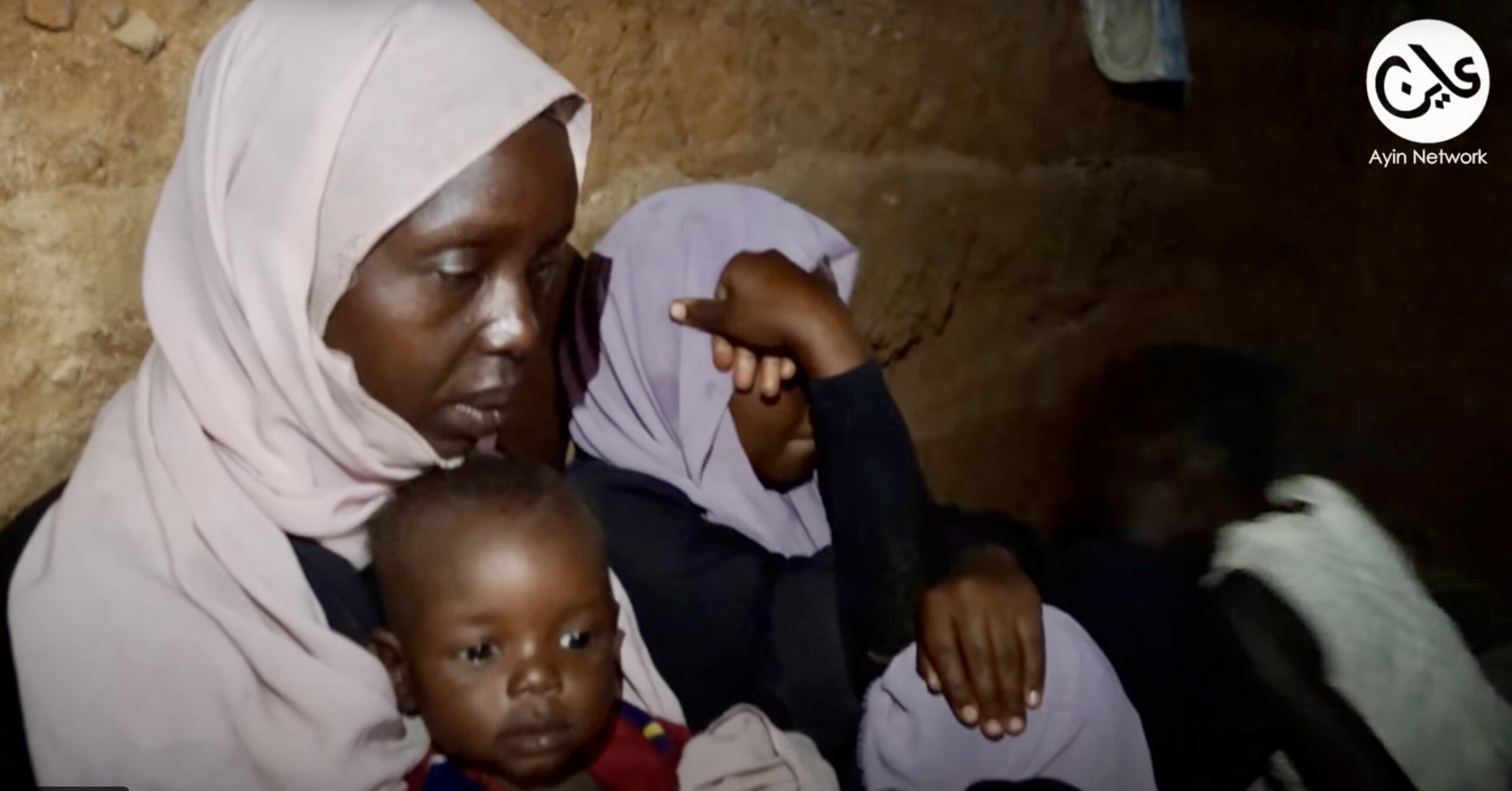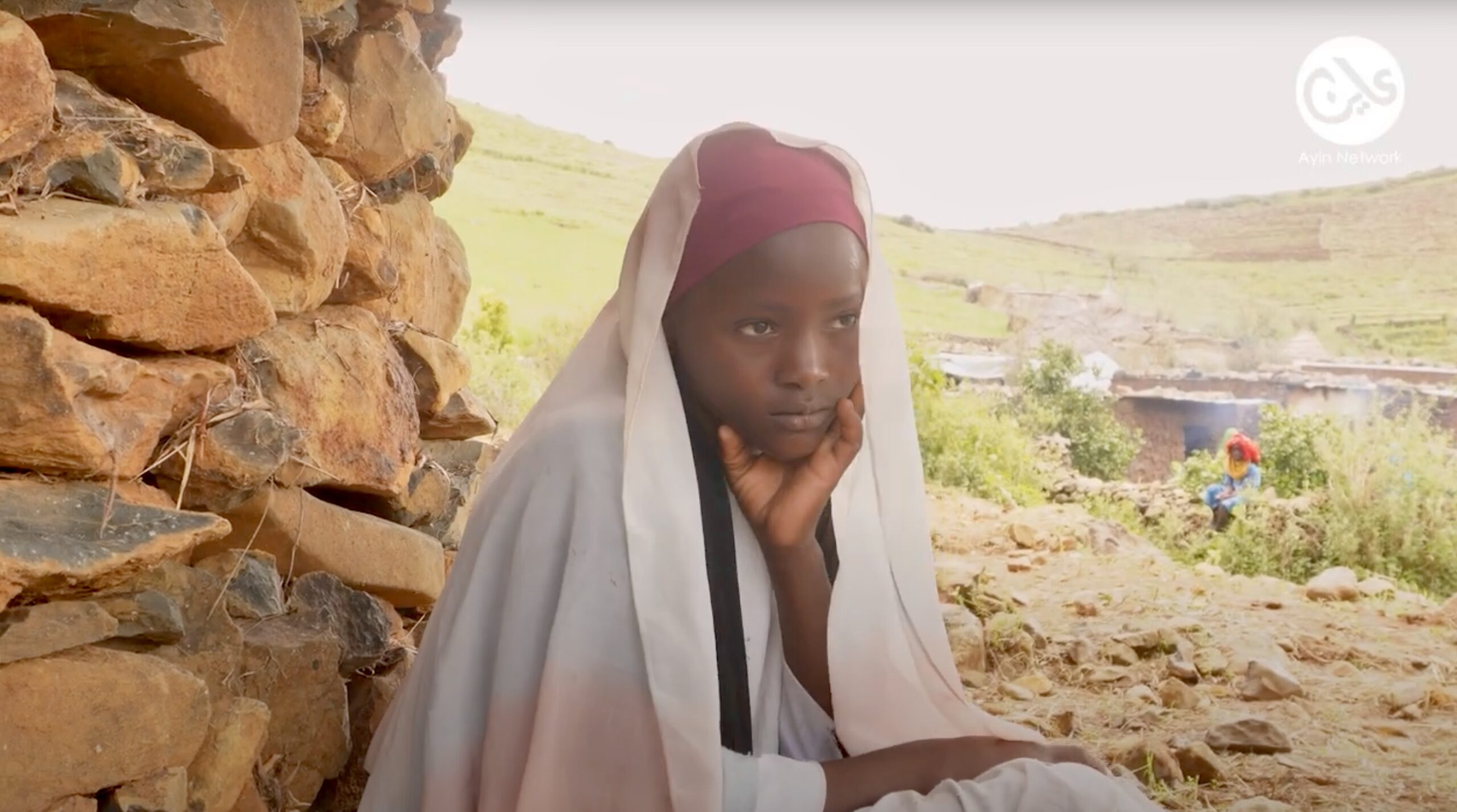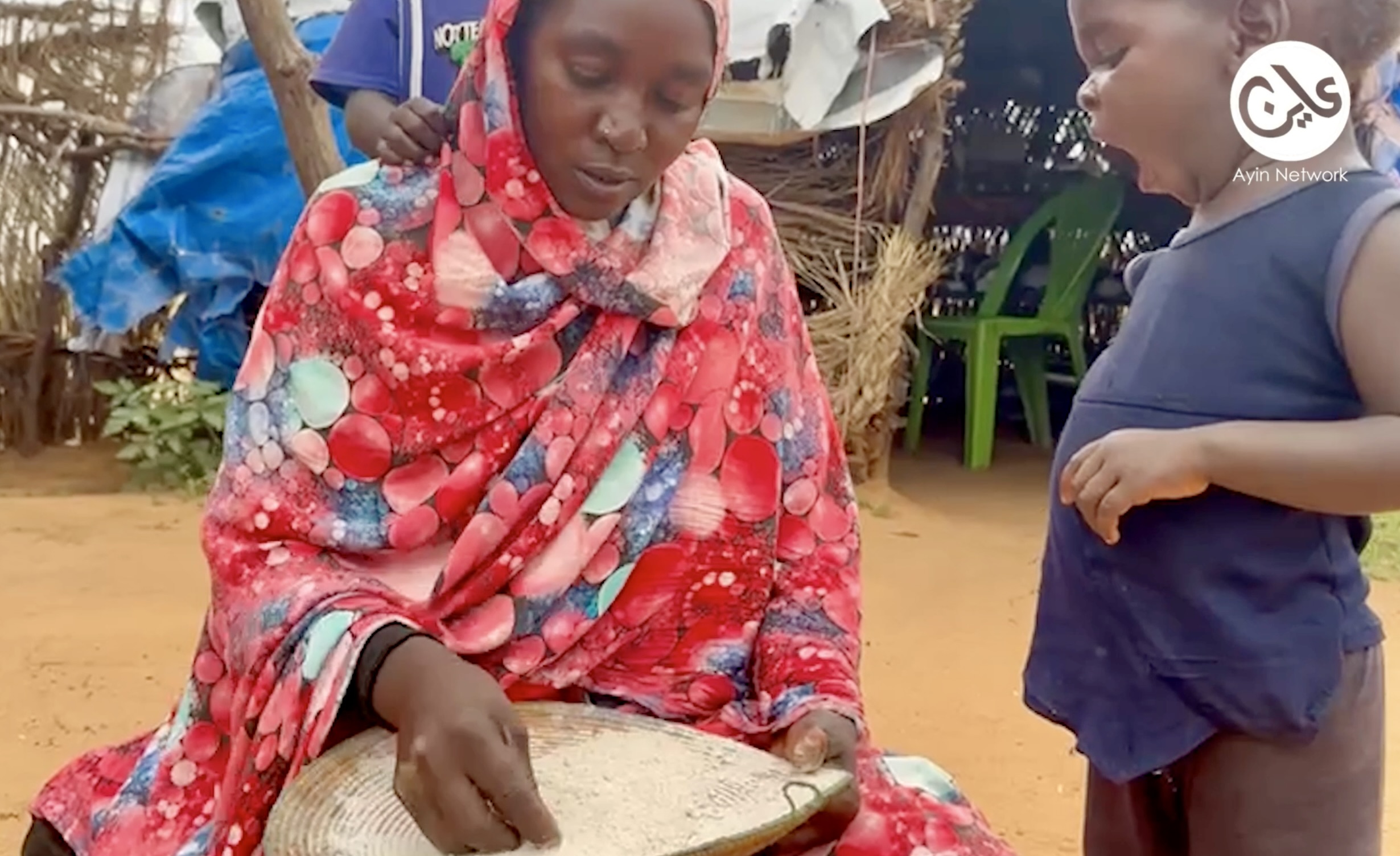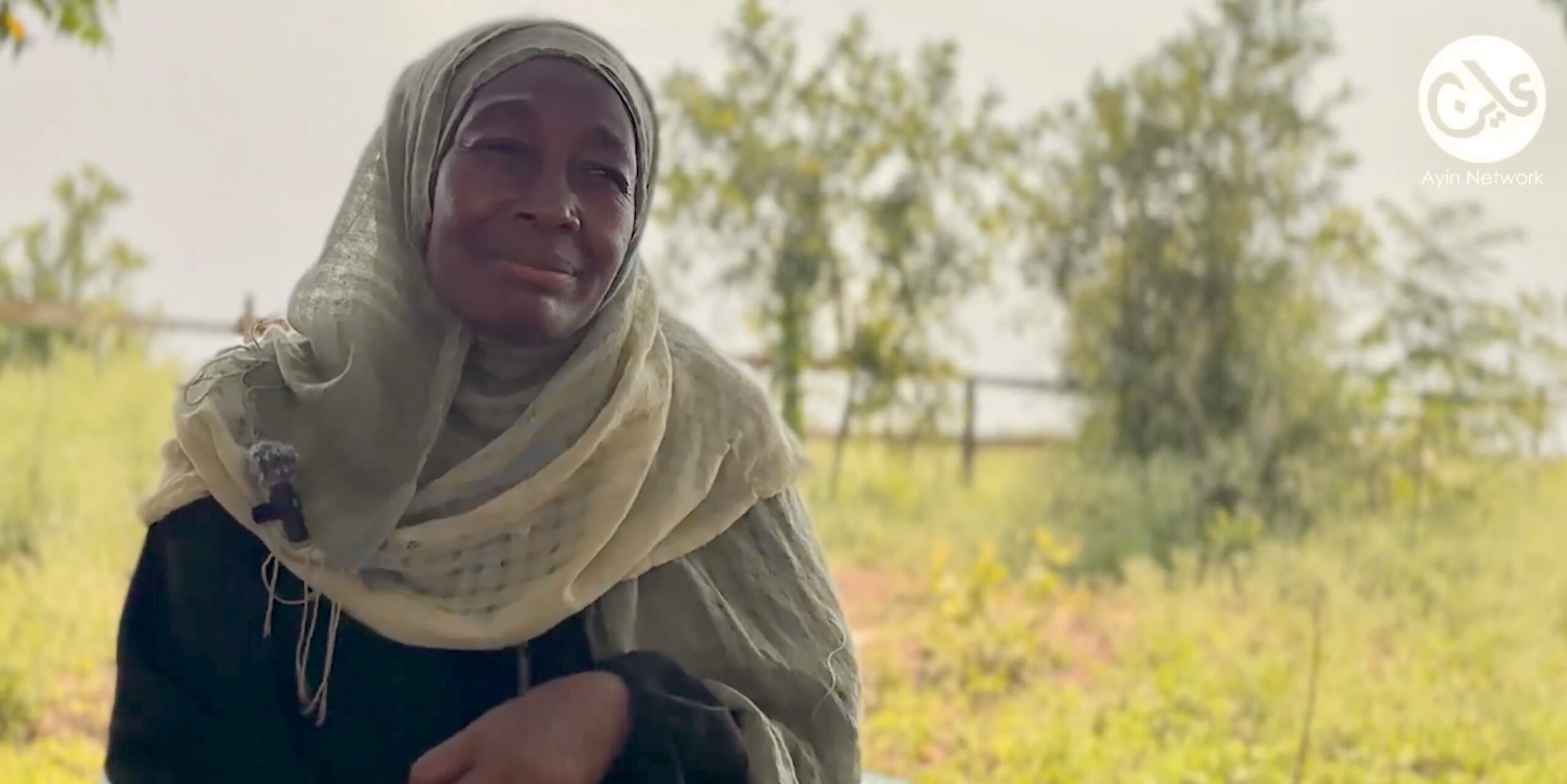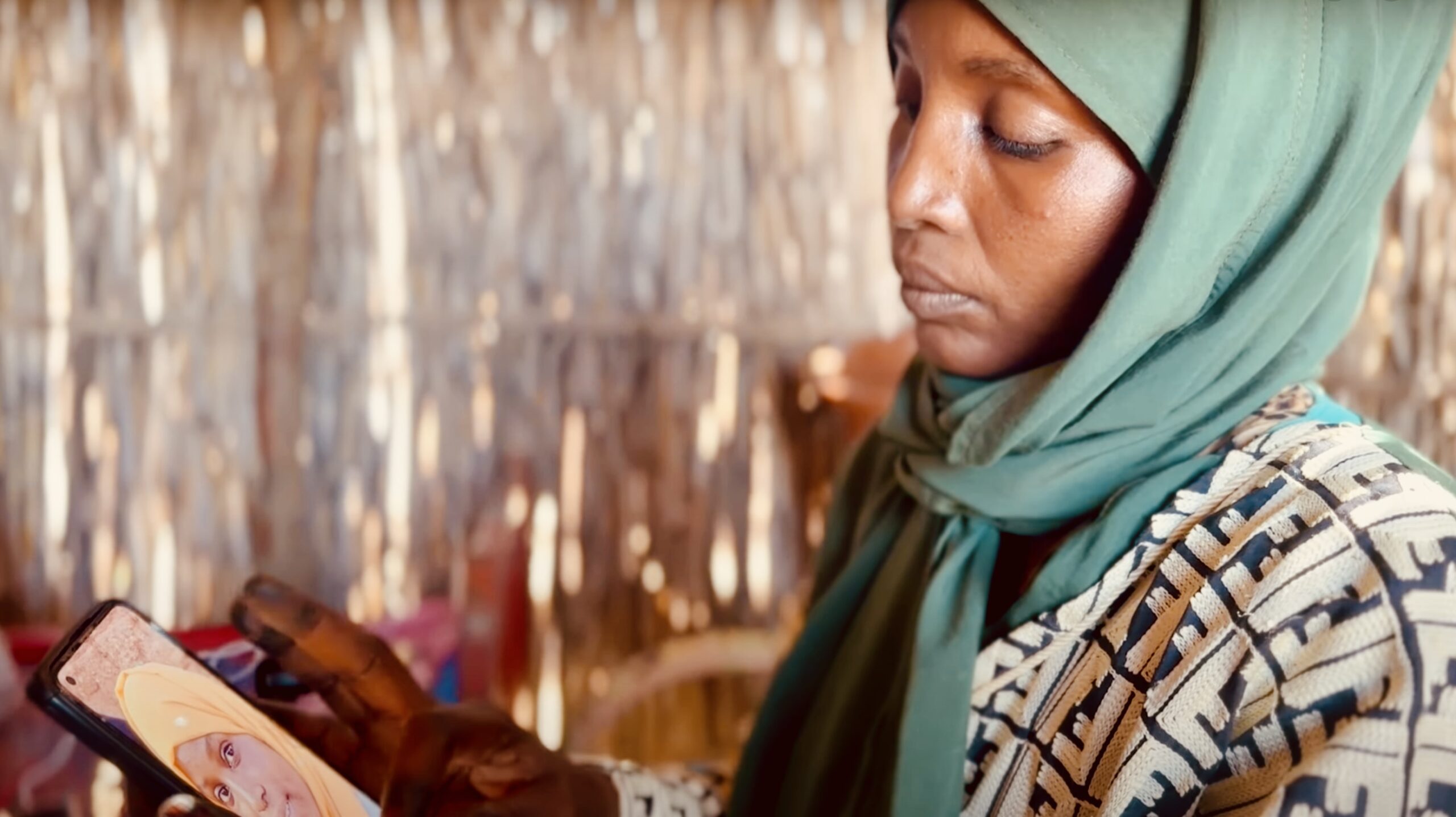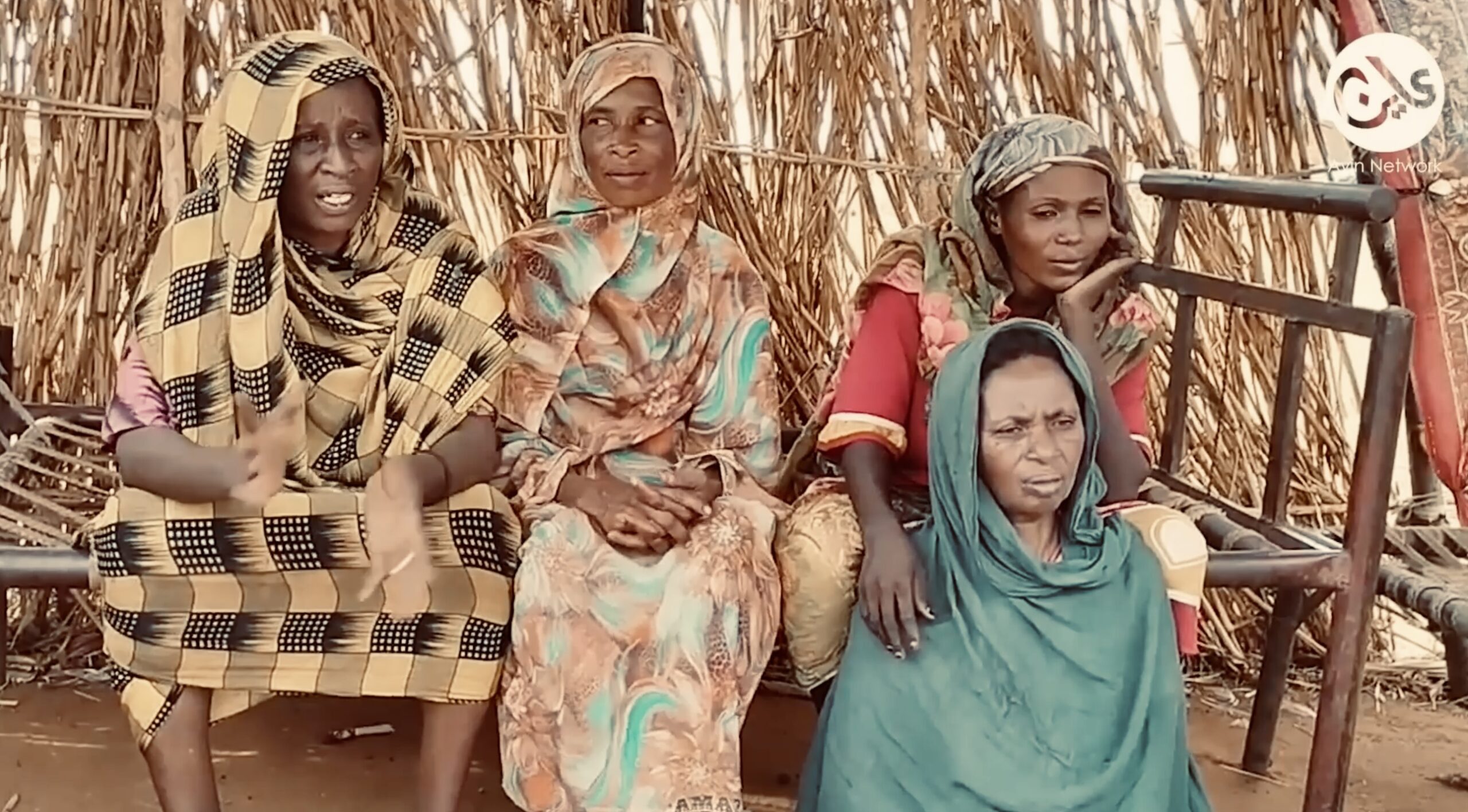Sudan’s forgotten frontline: Doctors fighting to save lives with nothing
2 July 2025
Since the outbreak of Sudan’s brutal war on April 15, 2023, medical professionals in conflict zones have found themselves on the frontlines of a different kind of battlefield — one where lives are lost not just to bullets, but to disease, neglect, and systemic collapse.
In the makeshift wards of overwhelmed hospitals and under-resourced clinics, Sudanese doctors face a deadly convergence of two crises: armed conflict and a cholera epidemic. And for many of them, survival and service are no longer separate struggles.
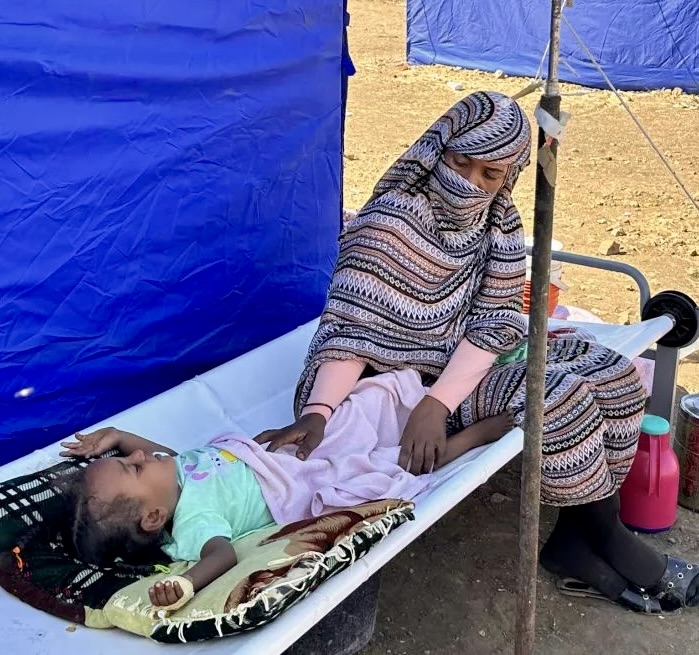
Dr. Shaden Yasser, a general practitioner in surgery who worked at Al-Nau and Al-Shuhada hospitals in Omdurman, paints a grim picture of life under siege. “There was no clean drinking water, no sanitation, no protection,” she recalls. “We were constantly exposed to infectious diseases because patients came in during the final stages of illness — especially with cholera. I feared [exposure to] my family. There were no beds, so most patients lay on the ground.”
During the worst cholera waves, hospitals received over a hundred cases an hour. “We couldn’t keep up,” she says. “Patients arrived in bulk, sometimes packed into one large truck. We couldn’t treat everyone, and we watched many die right in front of us.” The threat of airstrikes added another layer of danger. “Even hospitals weren’t spared. Medical staff were targets just like civilians,” she adds.
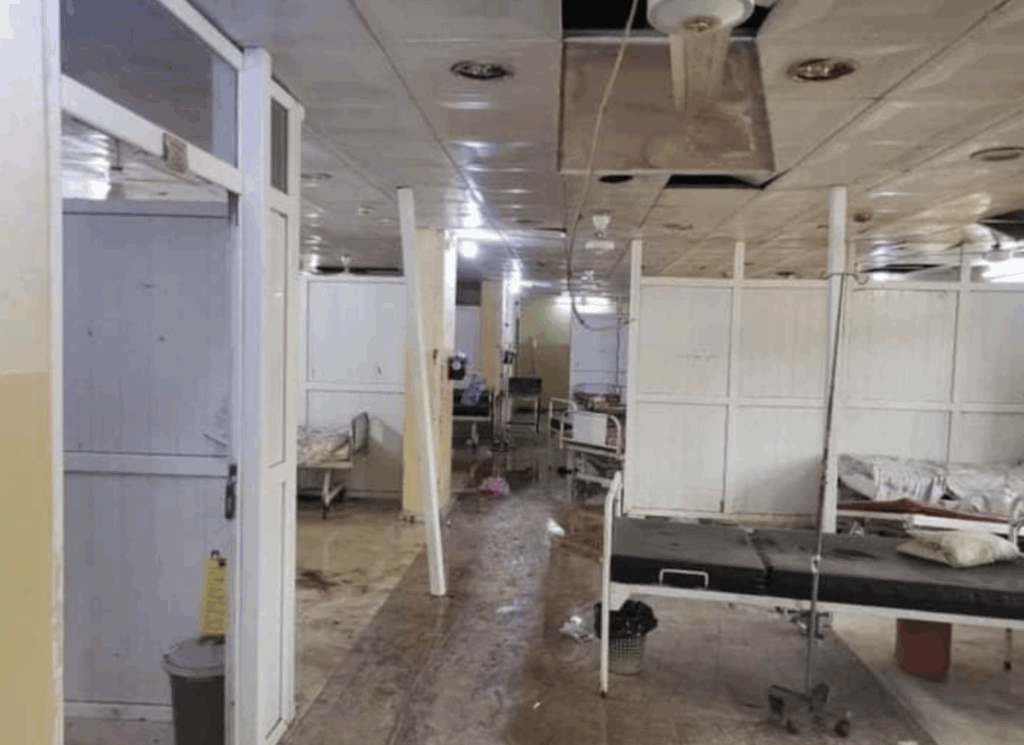
Overwhelmed, ill-equipped, and underpaid
Dr. Anas Al-Hassan, an orthopedic surgery resident who served at Al-Nau and later at Omdurman Emergency Hospital, says the situation was — and remains — unsustainable. “There is no protection for healthcare workers. We slept on the floor, with no access to clean water or sanitation. Meals were unhealthy, transportation was unavailable, and there was no organisation to support our basic needs.” In isolation centers, he said, “we were three doctors caring for 600 patients. Monitoring one patient could take up to ten hours. There simply weren’t enough of us.”
He adds that the financial return for doctors is nearly nonexistent. “Our wages don’t cover food or housing, let alone the physical and emotional toll this work takes.”
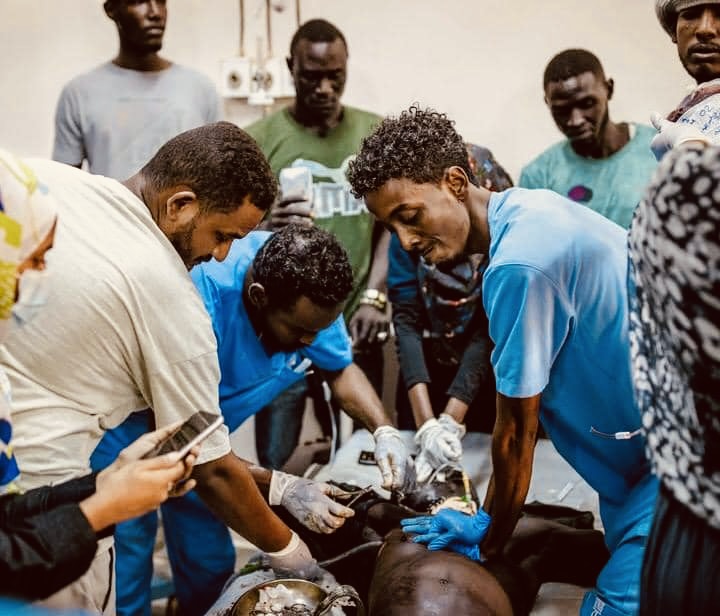
Dr. Elaf Mohamed, a young emergency physician, describes the psychological and physical strain endured by medical teams. “We operated under constant shelling and sniper fire. We dealt with a volume and severity of injuries we’d never seen before — without the necessary resources or staff. It was exhausting. We worked five to seven days without going home or sleeping properly. Some colleagues worked two weeks straight, with just two hours of rest per day.”
Despite these circumstances, moments of hope helped them push forward. “Sometimes we’d try to cope by singing or sharing small moments of joy,” she recalls. “One of our colleagues would sing during our midnight meals. It reminded us we’re human.”
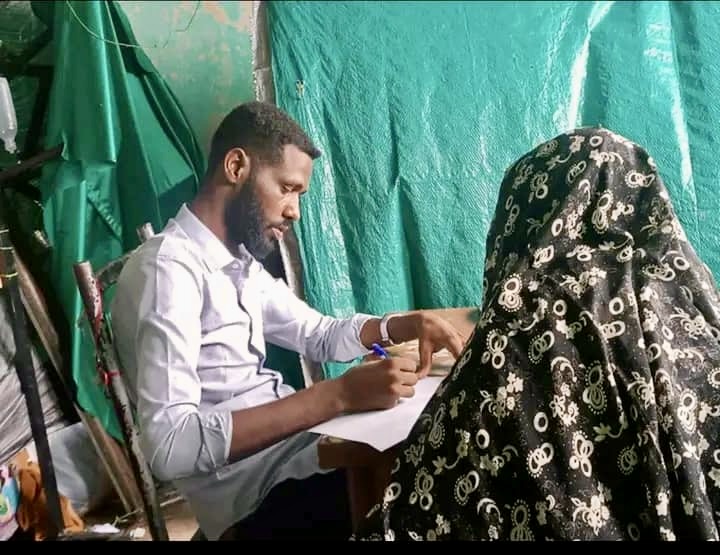
A crisis of supplies –and humanity
In November 2024, cholera tore through White Nile State. Dr. Mujahid Al-Tayeb recalls the helplessness of watching patients die due to a lack of intravenous fluids and basic first aid supplies. “There was nothing we could do,” he says. “The psychological toll of seeing patients suffer while we stood powerless was immense.”
Pharmacist Ali Al-Mansoub, working at Umbada Model Hospital, echoed this despair. “We were constantly under pressure. There was a massive shortage of medicine and medical supplies, and patients expected care that we simply couldn’t provide.”
Ali also highlighted the unique dangers of working in conflict zones. “Medical staff were frequently accused by armed groups of collaborating with the enemy. We were trapped between warring sides. I was stationed in an area controlled by the Rapid Support Forces (RSF), and the fear of being targeted was constant.”
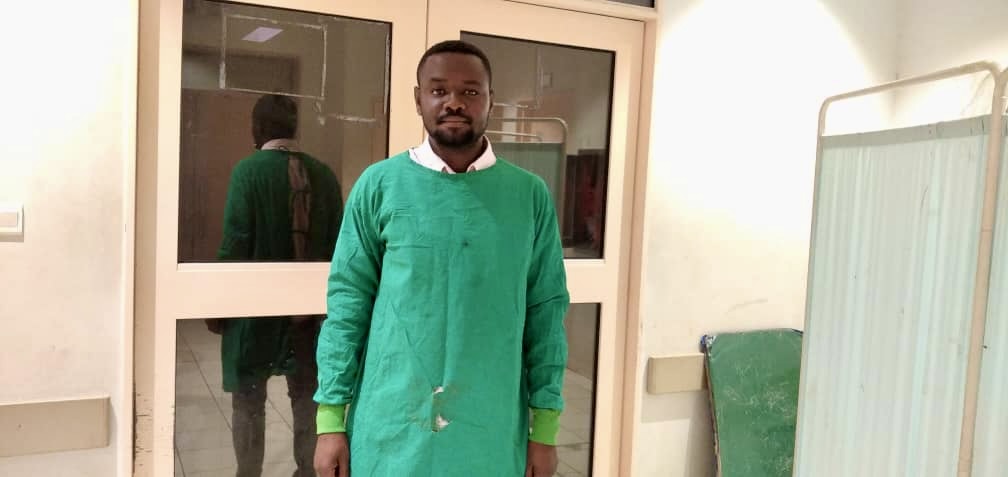
A system on the brink
Across the country, healthcare professionals are breaking under the weight of their responsibilities. Hospitals are understaffed, undersupplied, and under threat. Doctors are stretched beyond their limits, emotionally and physically exhausted, and financially unsupported. Most continue out of a sense of duty — not because they are safe, or because they are paid.
Dr. Shaden reflects on this emotional burden. “We put in every ounce of energy, with no reward, no rest, and constant risk of infection. But when I see a patient improve — someone who was near death — I remember why I chose this profession.”
Despite this resilience, the future of healthcare in Sudan looks uncertain unless urgent international intervention steps in. These frontline workers, risking everything with no protection, no supplies, and no stability, represent the last lifeline for millions trapped in Sudan’s growing humanitarian disaster.





